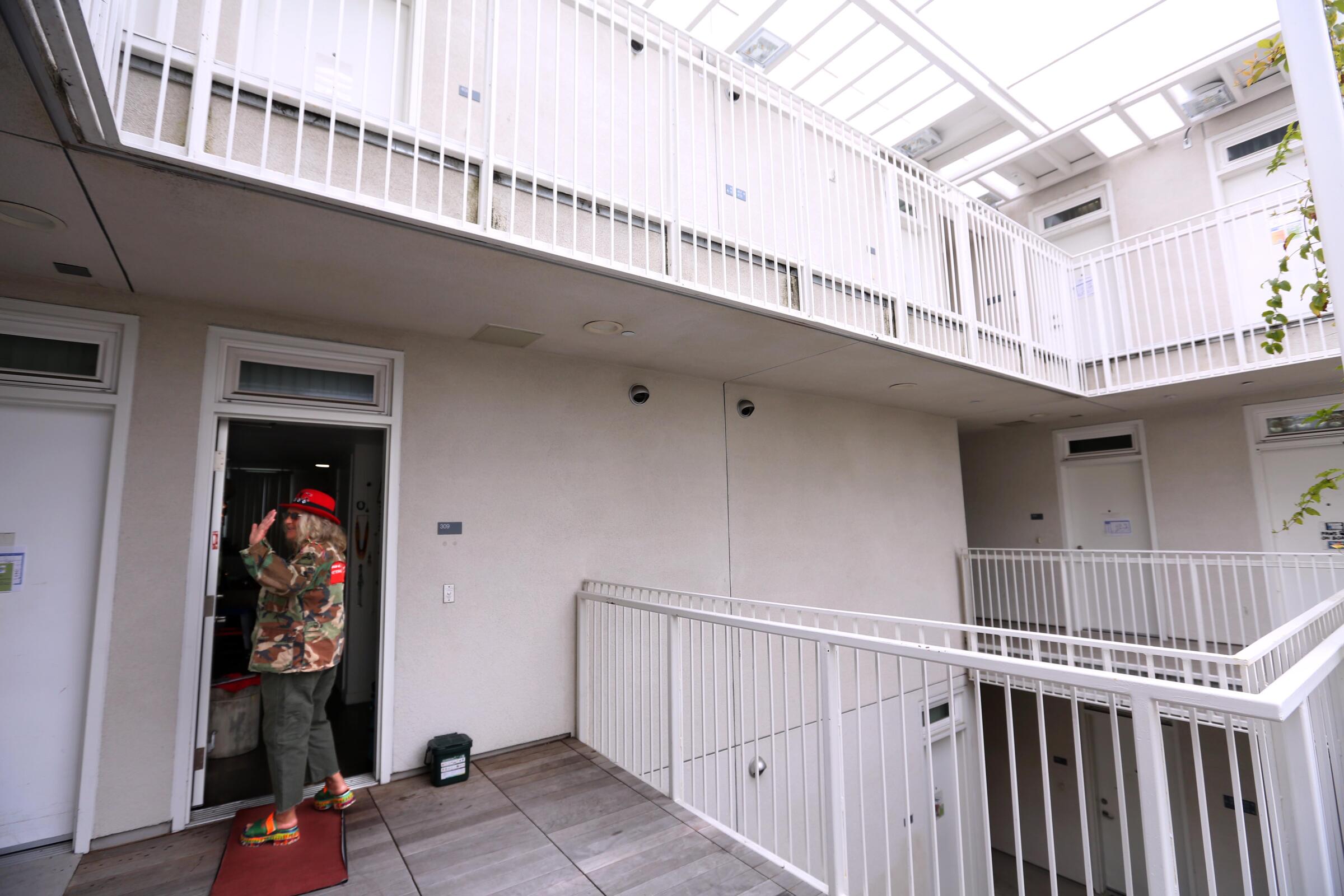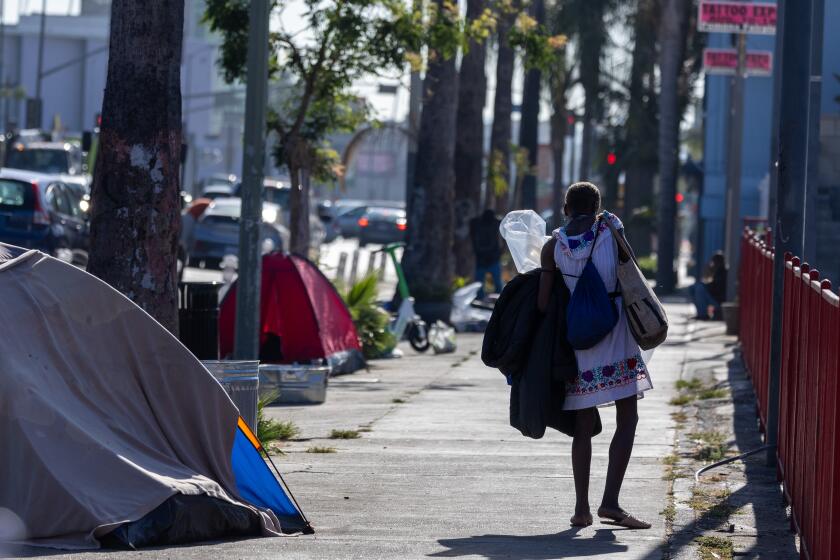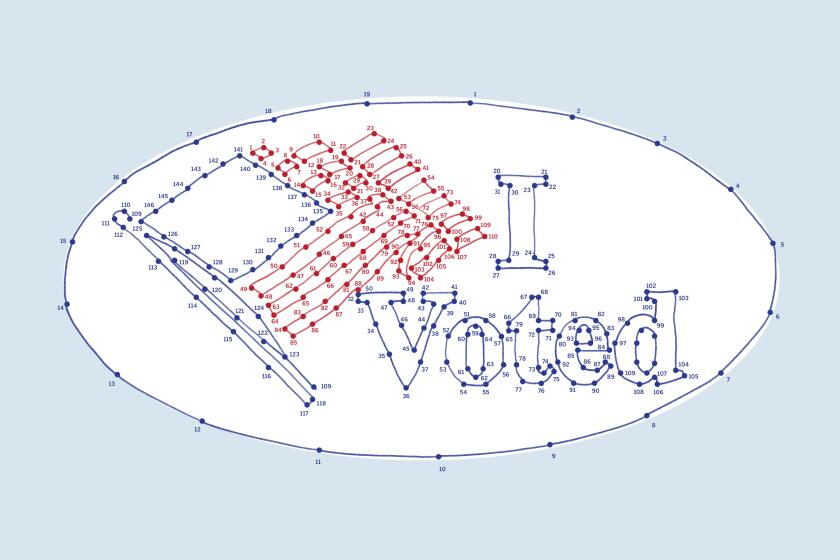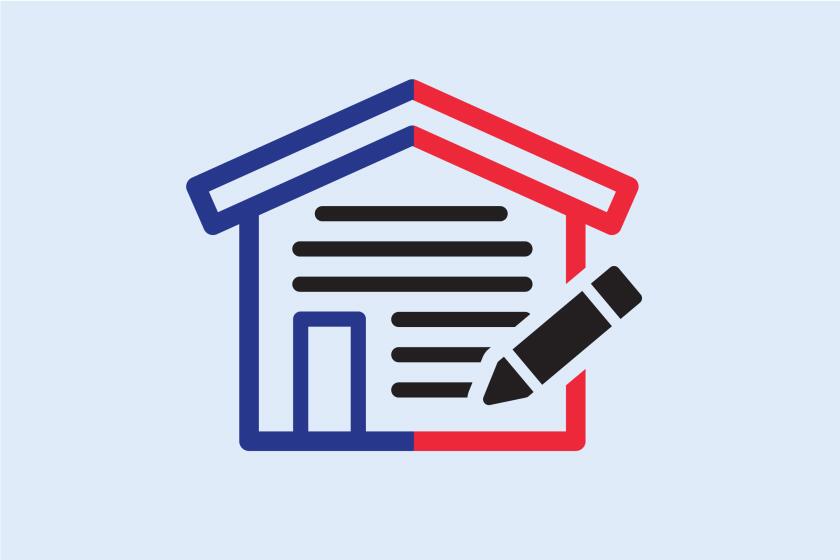Newsletter
Sign up for Essential California
The most important California stories and recommendations in your inbox every morning.
You may occasionally receive promotional content from the Los Angeles Times.
Los Angeles Times senior writer Doug Smith scouts Los Angeles for the ragged edges where public policy meets real people, combining data analysis and gumshoe reporting to tell L.A. stories through his more than 50 years of experience covering the city.



























